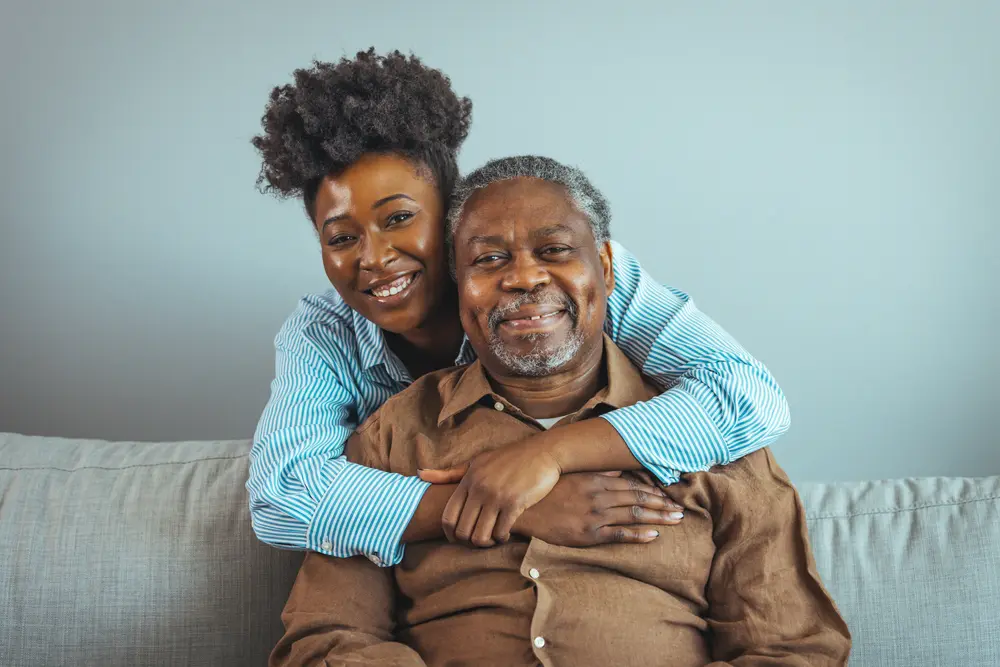
Navigating the Mental Health Maze in Older Adults
Older adults are at risk for a number of mental health problems. According to the National Council on Aging (2023), as many as 25% of adults 65 years and older are living with a mental health condition with the most common being depression, dementia, and anxiety. According to the World Health Organization, depression and dementia affect 5 % to 7% of people over 60 years old. The incidence of anxiety follows affecting 3.8% of older adults.
Common Mental Health Disorders in Older Adults
- Depression
- Anxiety Disorders
- Addiction
- Suicide
Older adults are likely to endure significant life changes such as the loss of loved ones, deterioration in physical health, isolation, and loneliness. Isolation and loneliness can have very negative effects on mental health as well as physical health. Loneliness and isolation are linked to heart disease, stroke, dementia, and depression. Thus, many older adults face a vicious cycle of physical and mental symptoms that may increase each other.


What are some symptoms of mental disorders in older adults?
- Noticeable changes in mood, energy level, or appetite
- Feeling flat or having trouble feeling positive emotions
- Difficulty sleeping or sleeping too much
- Difficulty concentrating, feeling restless, or on edge
- Increased worry or feeling stressed
- Anger, irritability, or aggressiveness
- Ongoing headaches, digestive issues, or pain
- Misuse of alcohol or drugs
- Sadness or hopelessness
- Thoughts of death or suicide or suicide attempts
- Engaging in high-risk activities
- Obsessive thinking or compulsive behavior
- Thoughts or behaviors that interfere with work, family, or social life
- Engaging in thinking or behavior that is concerning to others
- Seeing, hearing, and feeling things that other people do not see, hear, or feel
Too often, older adults do not seek treatment and the problems can become worse over time. High-quality mental health that respects individual dignity and supports caregivers and family is needed to address the complexity of issues older adults face.